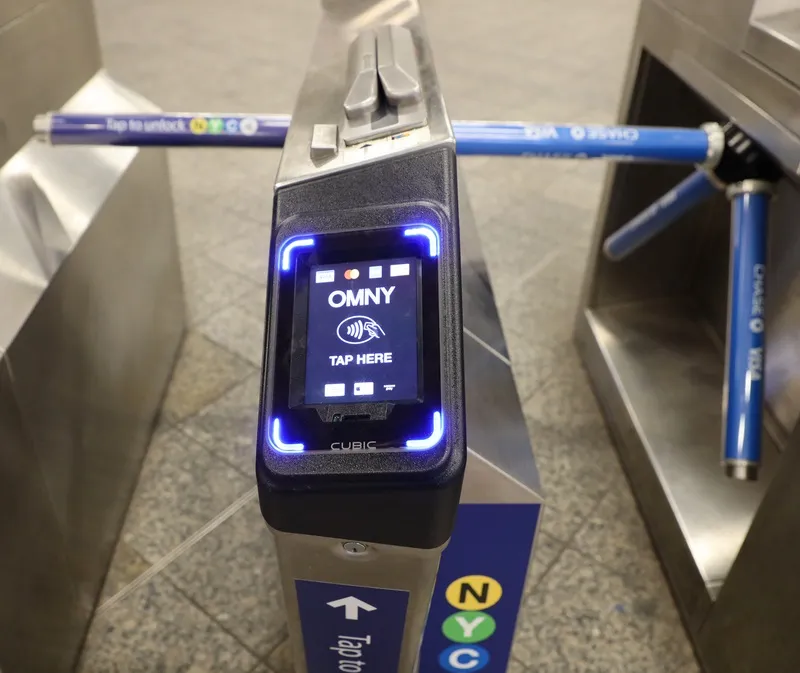
The coronavirus pandemic has "illuminated weak points in our transportation systems and brought new challenges to cities and citizen engagement", says Cubic Transportation Systems.
Its white paper, Road to Resilience, highlights areas where improvements must be made.
Chief among these is removing touchpoints from public transport, in order to reduce viral spread - in particular getting rid of ticket vending machines, turnstile gates, bus stop buttons and fare boxes - and to increase trust in the cleanliness of mass transit systems.
Demand for contactless payments is soaring, with account-based and open ticketing seen as an increasingly attractive options.
But Cubic says that transport authorities must also leverage mobile technology, digitising payment via enabled smartphones.
However, while the company believes "technology will no doubt play a pivotal role in providing a safe environment for staff and travellers", it says that health must be priority.
"To that end, no discussion on technology is complete without addressing those in the digital divide, the expanding chasm of those with access and those without," the white paper says. "Any new technology must be implemented in a way that accommodates the needs of all."
Other areas in which transport must change are improved, real-time communication to users and the use of incentive schemes to help shift traveller behaviour, while helping the uptake of Mobility as a Service.
"Public transport remains the most effective way to move people at scale but requires increased flexibility, frequency, and addresses traveller comfort and safety," Cubic adds.
"To remain competitive, the industry must entertain new business models and revenue streams to address shortfalls in traditional funding sources."









